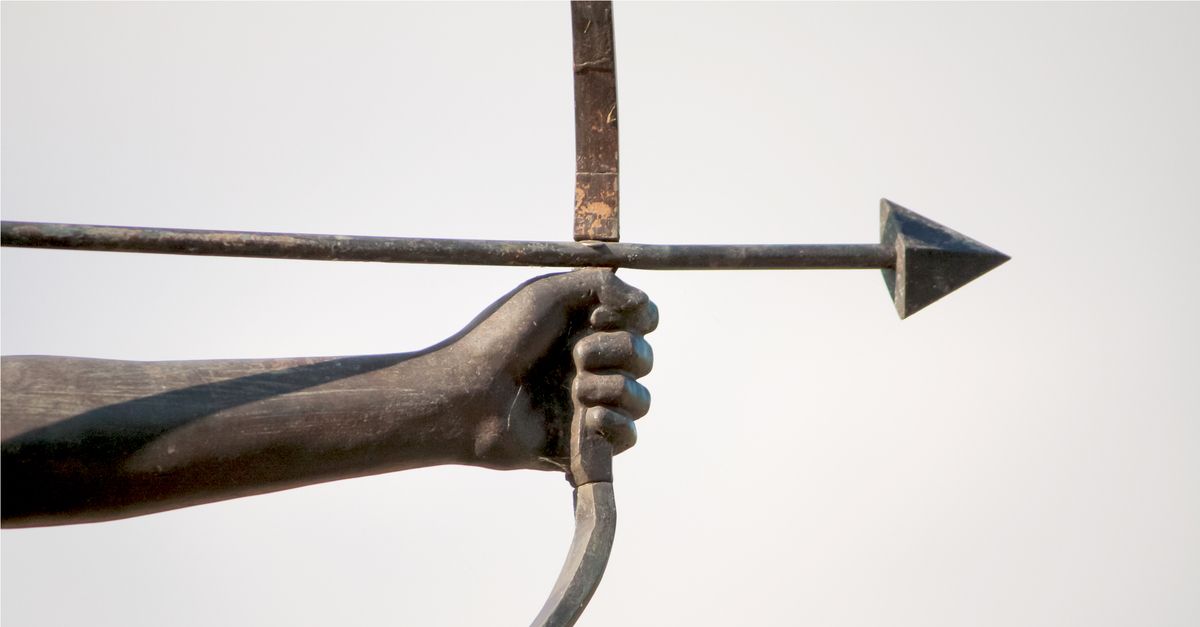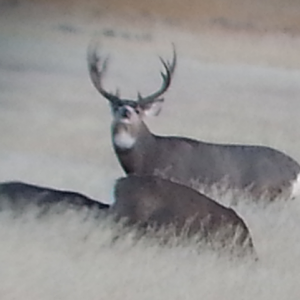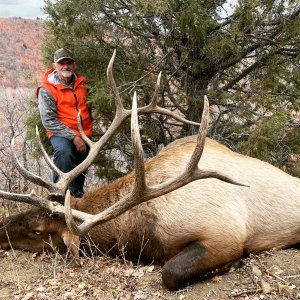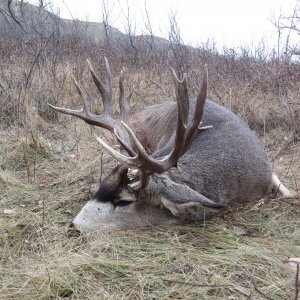OutdoorWriter
Long Time Member
- Messages
- 8,340
So last night I was watching the movie, "Man On Fire," with Denzel Washington. During a conversation, Christopher Walkins was telling him about the origin of "OK." When I heard it, I chuckled, thinking it was the movie's creative writers at work.
But to see 'fer shure'...I googled it this moring & discovered I was off-base because the writers had indeed done their research.
It happened exactly how Walkins laid it out:
"OK" is an idiom that took the world by storm when it came out of the 1840 reelection campaign of President Martin Van Buren. Born in Kinderhook, N.Y., Van Buren carried the nickname "Old Kinderhook." Supporters used the shortened "OK" in rallies, and it took off from there.
Besides the gutter language, are there any other common words or phrases you guys can come up with that have unique origins?
But to see 'fer shure'...I googled it this moring & discovered I was off-base because the writers had indeed done their research.
It happened exactly how Walkins laid it out:
"OK" is an idiom that took the world by storm when it came out of the 1840 reelection campaign of President Martin Van Buren. Born in Kinderhook, N.Y., Van Buren carried the nickname "Old Kinderhook." Supporters used the shortened "OK" in rallies, and it took off from there.
Besides the gutter language, are there any other common words or phrases you guys can come up with that have unique origins?













